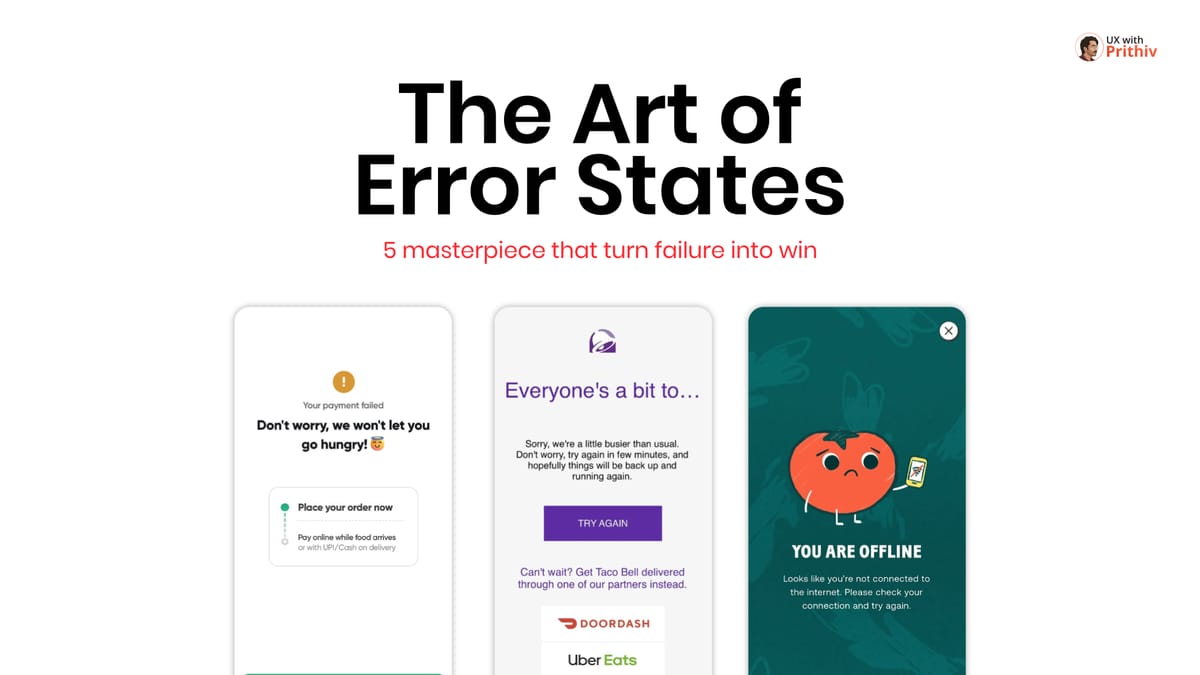Mentorship plays a crucial role in shaping the careers of aspiring UX designers. By sharing knowledge, offering guidance, and providing support, mentors can help their mentees grow and develop their skills.
In this newsletter, we’ll explore the benefits of mentorship for both mentors and mentees, and discuss strategies for building effective mentor-mentee relationships.
The Benefits of Mentorship
- Skill Development: Mentors can provide guidance and feedback to help mentees develop their technical and soft skills.
- Career Advancement: Mentorship can open doors to new opportunities and accelerate career progression.
- Increased Confidence: Mentors can help mentees build self-confidence and overcome challenges.
- Networking Opportunities: Mentorship can lead to valuable connections within the design community.
Key Strategies for Effective Mentorship
- Active Listening: Pay attention to the mentee’s concerns and questions.
- Provide Constructive Feedback: Offer honest and actionable feedback to help mentees improve.
- Share Your Experiences: Share personal anecdotes and lessons learned from your own career.
- Set Clear Expectations: Establish clear goals and expectations for the mentorship relationship.
- Encourage Independence: Empower mentees to take ownership of their learning and growth.
Case Study: A Successful Mentorship Program
A leading tech company implemented a formal mentorship program to support the development of early-career UX designers. The program paired experienced designers with junior designers to provide guidance, feedback, and career advice.
- Benefits: Increased employee retention Improved employee satisfaction Faster skill development for junior designers Enhanced company culture
Mentorship is a powerful tool for fostering talent and driving innovation. By investing in the next generation of UX designers, we can ensure the future of the industry.






Comments